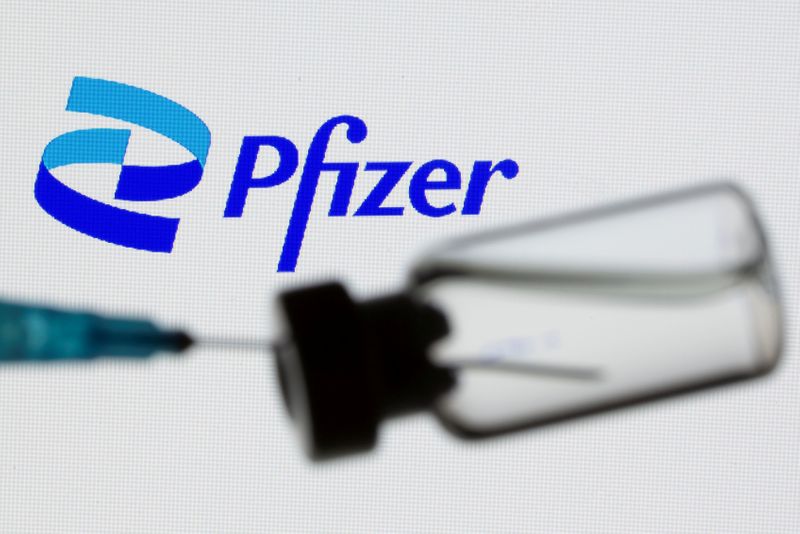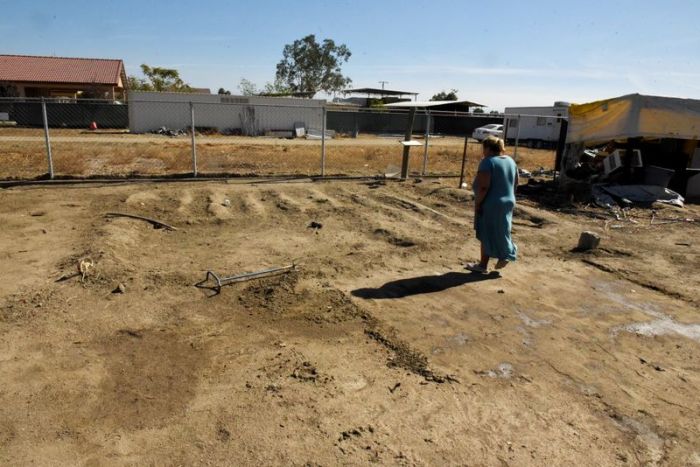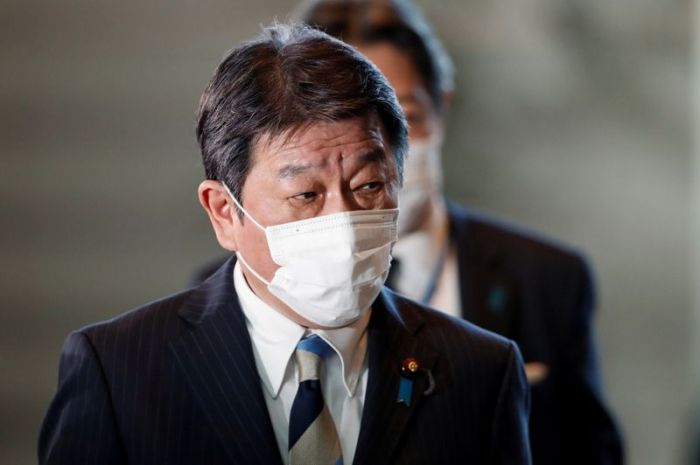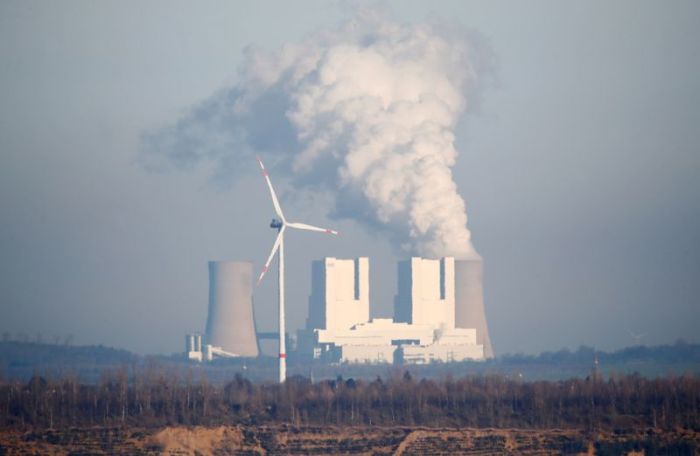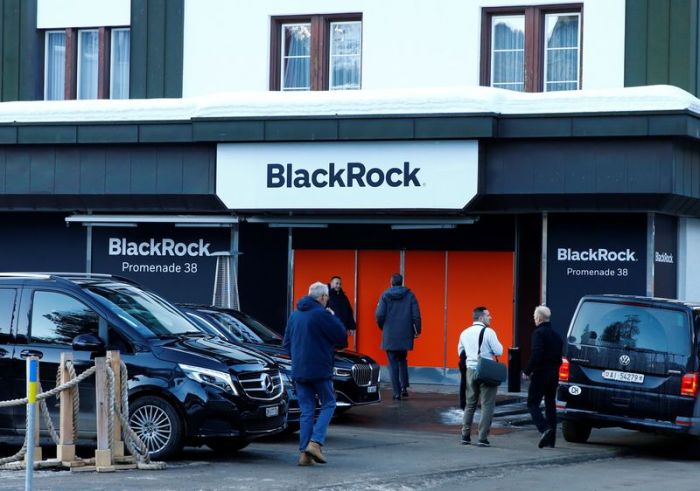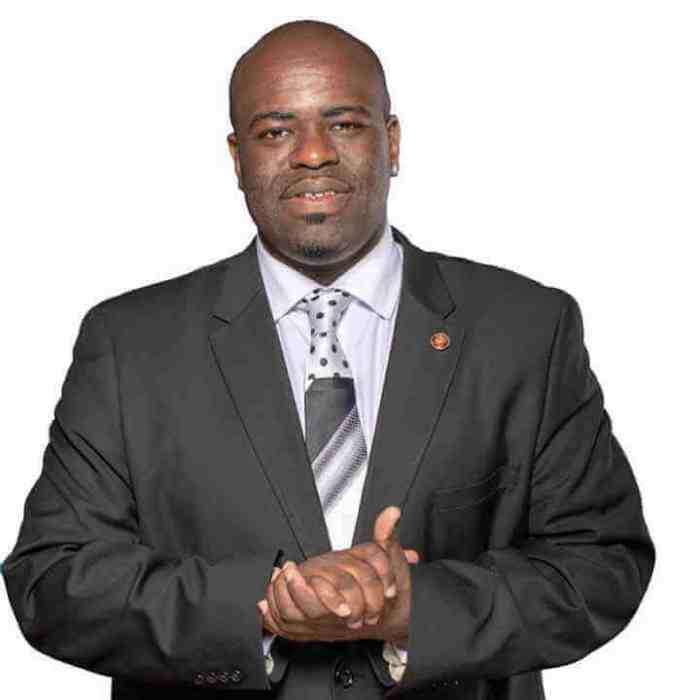By Michael Erman and Manas Mishra
(Reuters) -Pfizer Inc on Tuesday said it expected 2021 sales of the COVID-19 vaccine it developed with German partner BioNTech SE to reach $36 billion and forecast another $29 billion from the shot in 2022, topping analyst estimates for both years.
The U.S. drugmaker said it is seeking to sign more vaccine deals with countries, which could drive sales even higher next year. It has the capacity to produce 4 billion doses in 2022 and has based its projections on sales of 1.7 billion doses.
Still, Chief Executive Albert Bourla said he was concerned that low- and middle-income countries would not place orders for next year’s vaccine doses early enough, and could again end up behind wealthier countries.
“The high-income countries, they have the tendency to be way more proactive, and they are placing their orders,” Bourla said in an interview. “I want to make sure that I go on record publicly… they need to place orders, period.”
Pfizer said it expects to deliver at least one billion doses of its vaccine to low- and middle- income countries next year.
The vaccine brought in sales of $13 billion in the third quarter. The company splits gross profit from sales of the shot in most of the world with BioNTech.
Beyond 2022, Pfizer said it expects the market for COVID-19 vaccines to be durable, and continue generating sales for years to come.
Pfizer said it is planning for private markets for the vaccine to emerge sometime in the foreseeable future, particularly in the United States. But Bourla said Pfizer may yet sign another big supply contract with the U.S. government.
“As long as the government thinks they should be going with mass vaccinations that they buy and distribute, we will support them,” he said.
Pfizer shares were up more than 5% at $45.92.
The Pfizer/BioNTech COVID-19 vaccine was the first to receive U.S. authorization last year, and U.S. regulators are likely to give the green light to begin administering it to children ages 5 to 11 as soon as Wednesday.
Pfizer’s updated vaccine sales forecast suggests the shot will account for as much as 44% of its total revenue for the year.
Wall Street on average expected COVID-19 vaccine sales of $35.44 billion this year and $22.15 billion for 2022, according to Refinitiv data.
FLU-LIKE MARKET
Analysts have said that Pfizer and other COVID-19 vaccine makers stand to reap billions of dollars from annual vaccine boosters over the next few years.
Pfizer is already planning for a potential clinical study of a fourth dose of the vaccine, which could generate the type of data to support annual vaccination, according to Pfizer Chief Scientific Officer Mikael Dolsten.
Pending that data, he said, the company could file for annual COVID-19 vaccinations before next year’s flu season.
U.S. regulators recently authorized a round of booster doses for certain age and risk groups for the Pfizer/BioNTech, Moderna and Johnson & Johnson vaccines in the face of data showing protection can wane over time. Other nations are also administering booster shots.
A majority of booster doses are expected to be sold to high-income countries, which pay more for the shots as part of Pfizer’s plan to link the price of its vaccine to a country’s ability to pay.
Sales of the vaccine, called Comirnaty, have vastly outpaced those from rivals Moderna and Johnson & Johnson, who have been unable to keep up with Pfizer’s manufacturing scale-up.
The company is on track to deliver 2.3 billion doses of the vaccine, out of the roughly 3 billion it plans to produce this year.
Pfizer is also studying an experimental antiviral drug to treat COVID-19. If it receives authorization, they could start supplying doses before the end of the year.
(Reporting by Manas Mishra in Bengaluru and Michael Emran in New Jersey; Editing by Anil D’Silva and Bill Berkrot)

